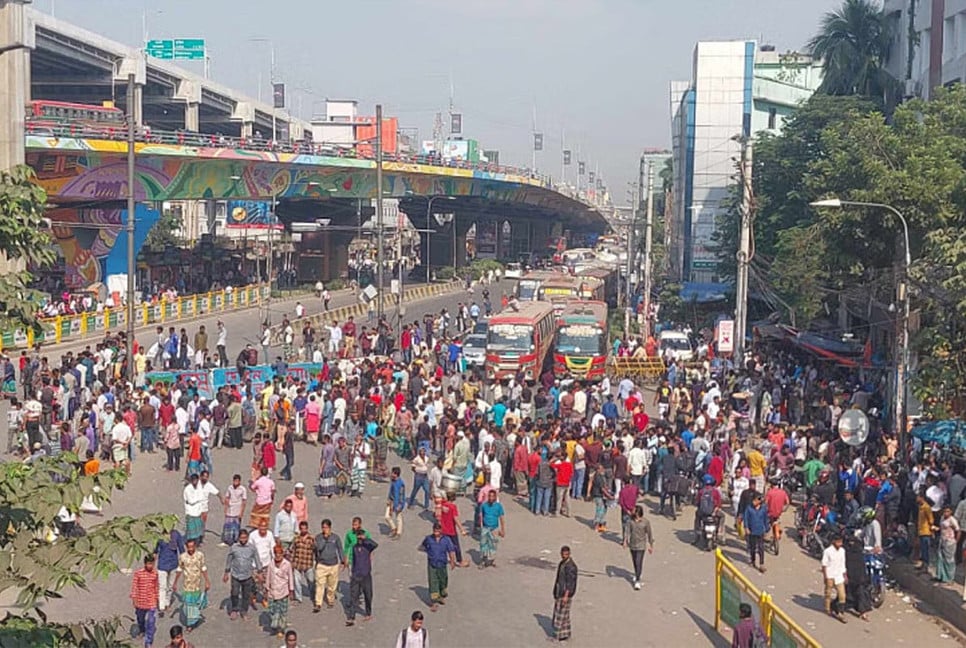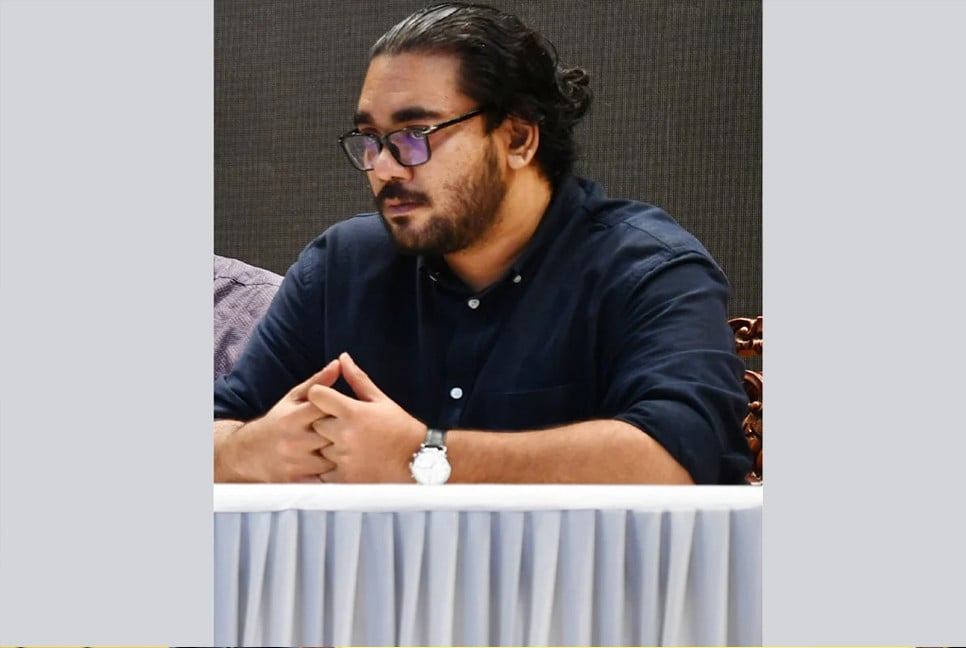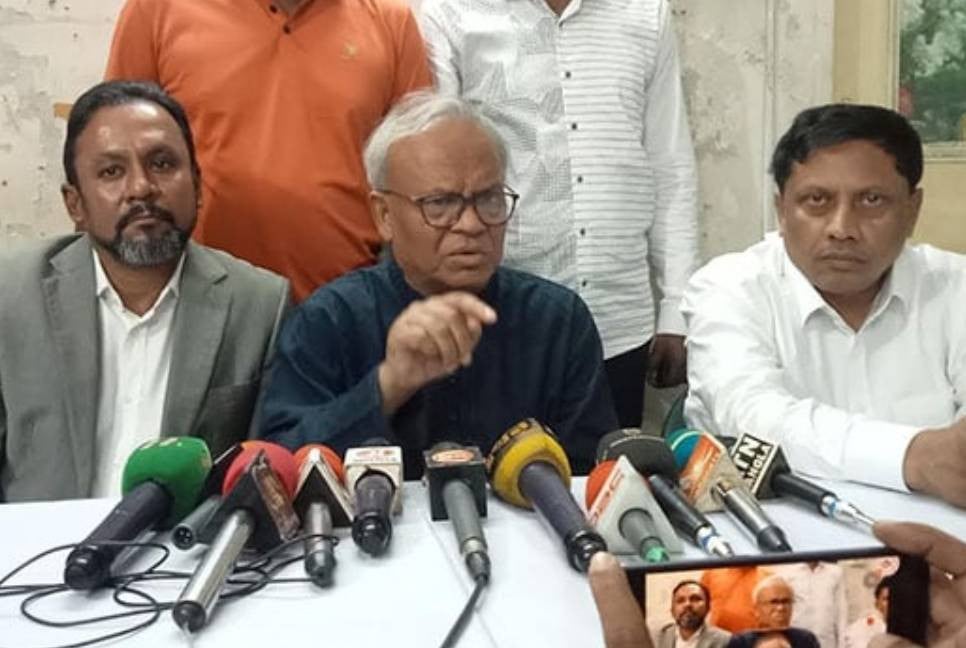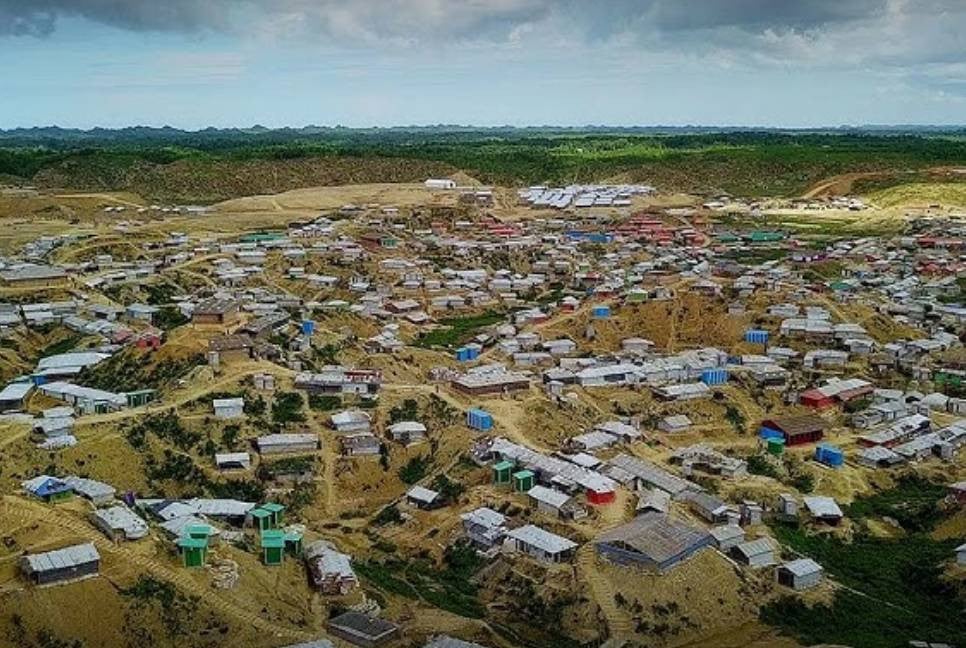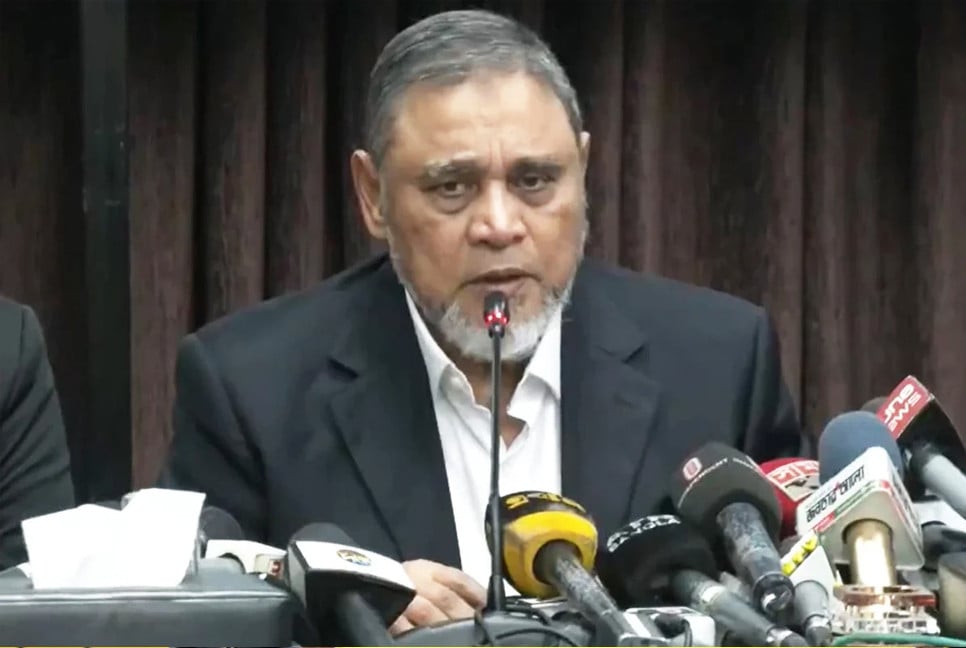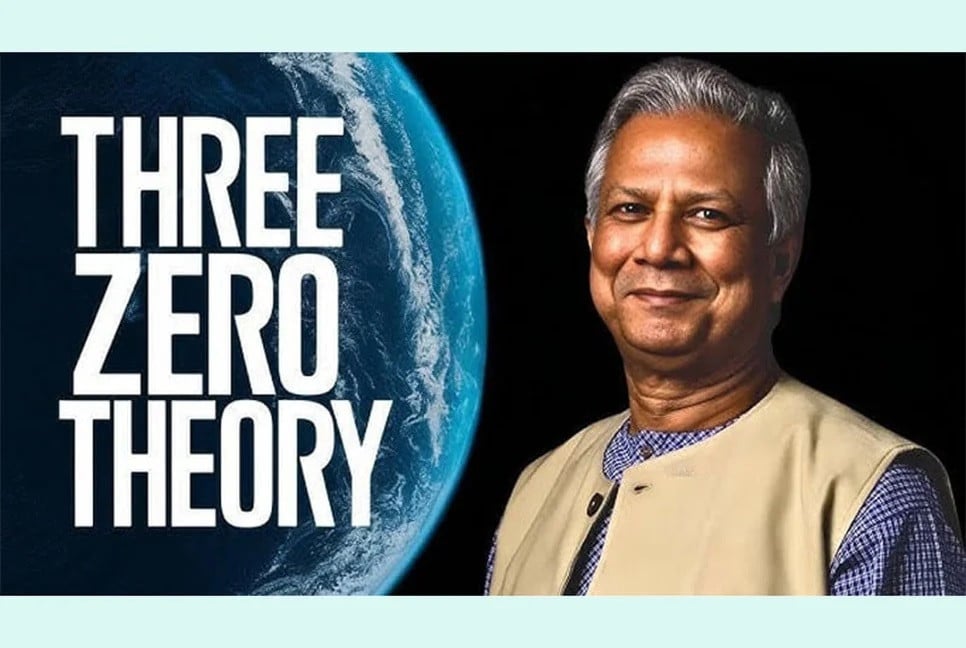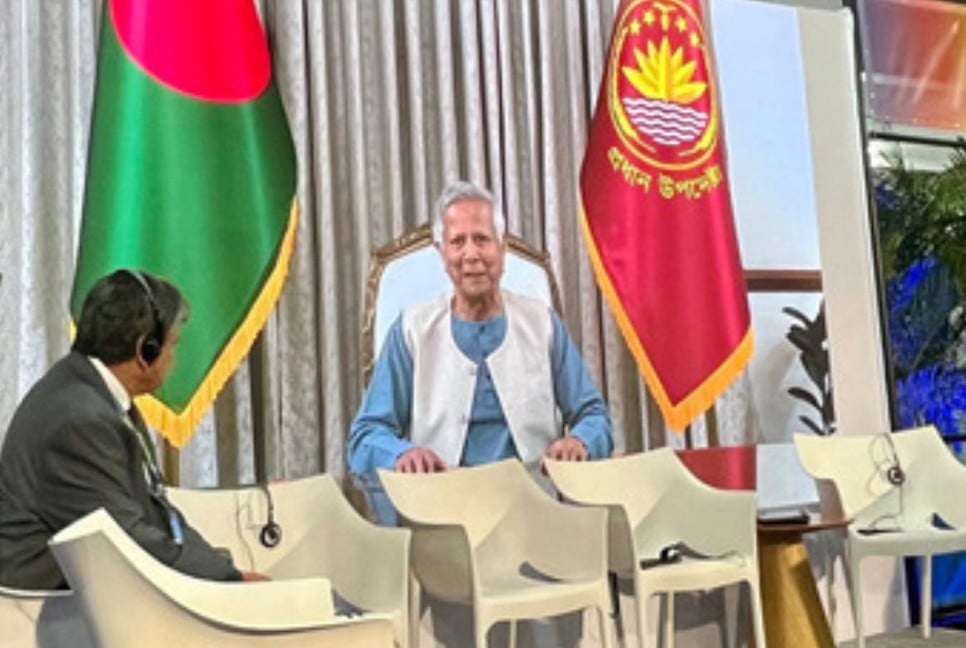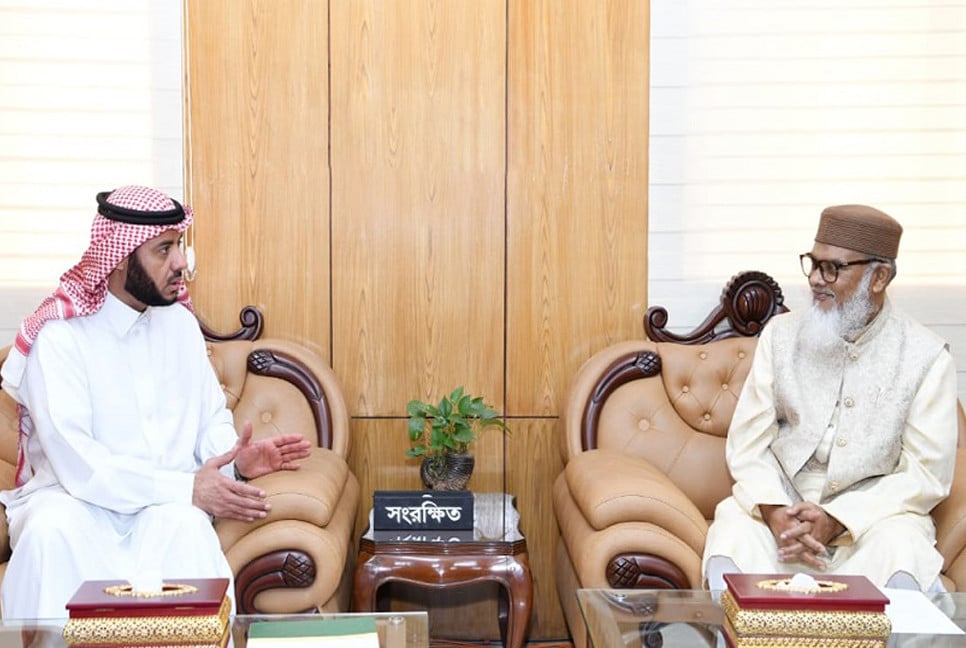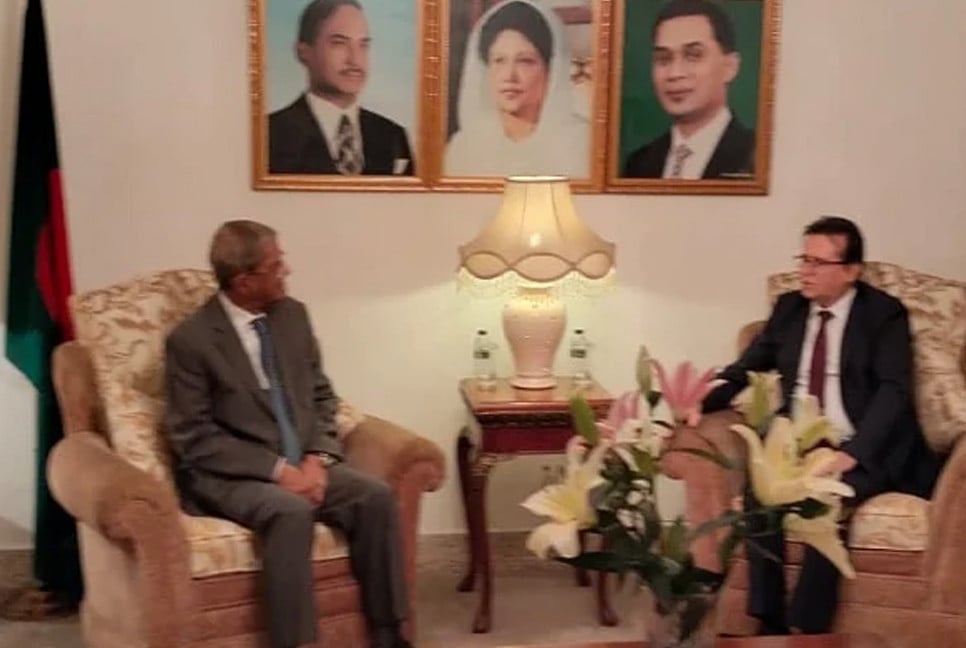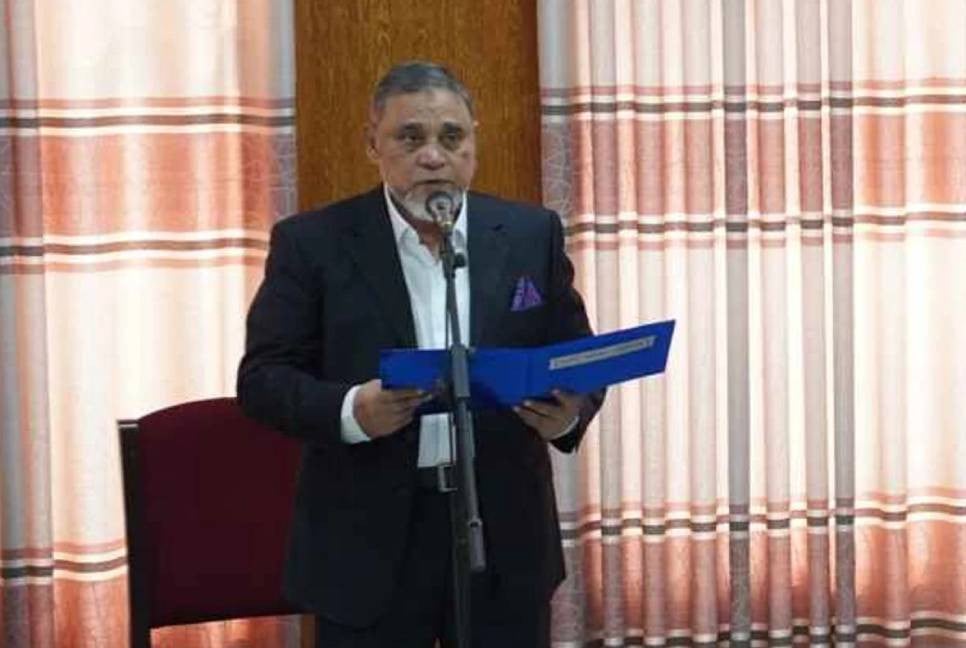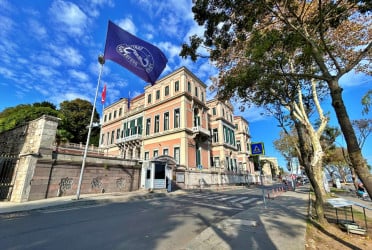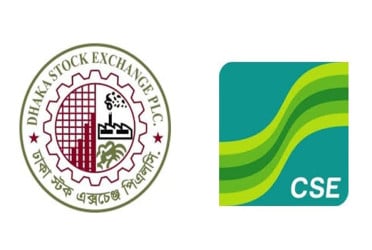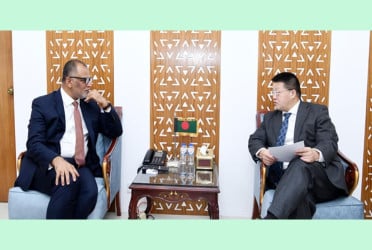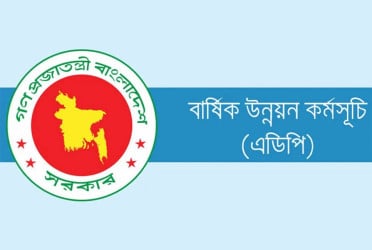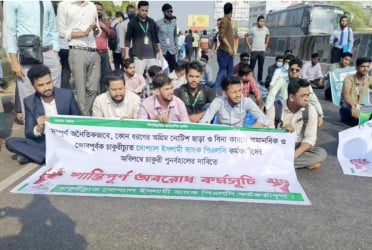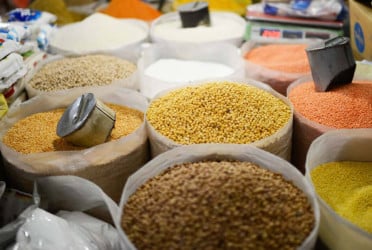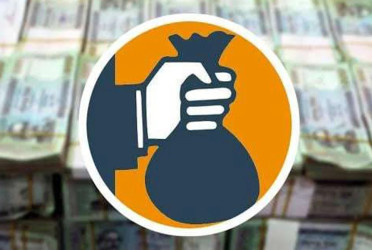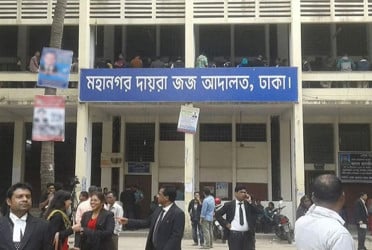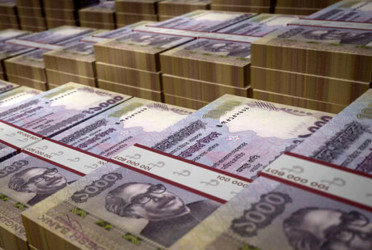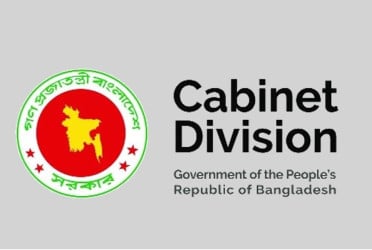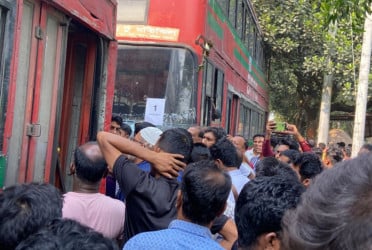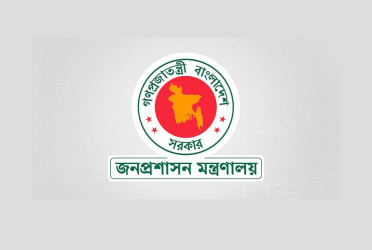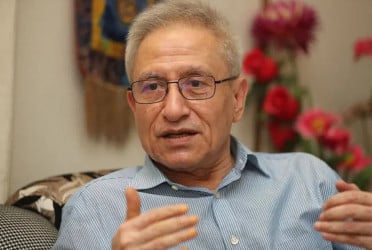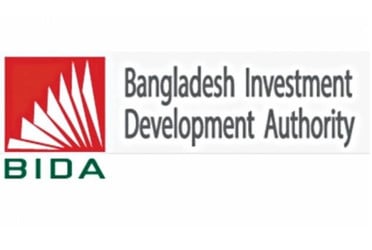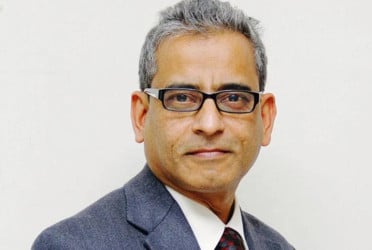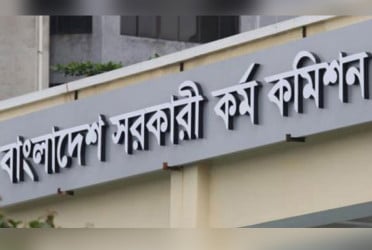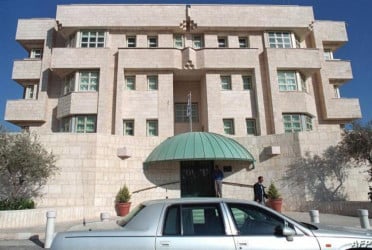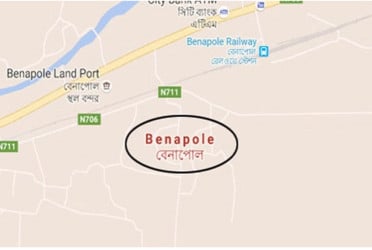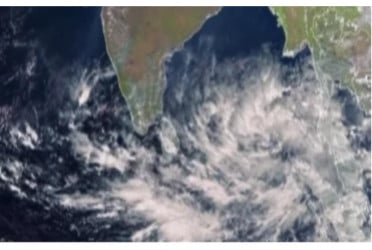The government has started an action to stop transactions through hundi, already surveillance has been increased on the transactions of mobile banking service providers Bkash, Rocket, Nagad and other operators.
Complaints have been raised that expatriates are sending money in hundi through mobile banking from different countries of the world including Singapore, Malaysia, Dubai, Europe, America, Middle East. As a result, there is a dollar crisis in the country's banking channels.
Economists feel that it is necessary to stop hundi and make it easier to send remittances through banking channels. Analysts have advised banks to play a more active role in increasing communication with remittance exchange houses abroad, creating awareness among expatriates to send remittances through banking channels.
Syed Mahbubur Rahman, Mutual Trust Bank Managing Director and Chief Executive Officer told Bangladesh Pratidin, “In order to increase the remittance in the banking channel, communication with the remittance houses abroad should be increased. The relatives of the recipient of the remittance in the country should be informed about the facility of sending the remittance through the banking channel.”
“Banks should create awareness among expatriates abroad and relatives in the country. What other benefits can be given to remitters including home loans - Banks have to introduce new products in this regard,” he said.
“Remitters do not stay abroad all their lives. Once he returned to the country. If you send money through the banking channel, you can show that money back home and invest in various sectors including business. If someone sends money through hundi, he will not get the opportunity to display the money. If he wants to invest, you have to face the question. Programs to create awareness among expatriates should be taken on these issues,” he added.
According to the Bangladesh Bank, Bangladesh Financial Intelligence Unit (BFIU) has seized the accounts of 230 customers of Bkash, Rocket and Nagad for bringing expatriate income from abroad through hundi.
Earlier, Bangladesh Bank had written to the Criminal Investigation Department (CID) of police to take action against 5,418 MFS agents for being involved in the same crime. Some of them have been arrested by the police.
Some expatriates told Bangladesh Pratidin that hundi traders are collecting money through Bkash, Rocket by hanging signboards in food hotels, supershops, grocery stores. Taking dollar deposits from expatriates and depositing the money in their relatives' Bkas, Rocket and Nagad numbers sitting in the country.
In many cases the hundi traders go to the homes of expatriate workers and collect dollars. Dollar equivalents are being delivered to relatives and homes of expatriates. As a result, no dollars are coming into the country.
Meanwhile, Bangladesh Bank is taking action against relatives of expatriates if remittances are sent illegally.
Bangladesh Bank said the BFIU is taking appropriate action against all those involved in sending remittances through illegal channels subject to evidence.
On the basis of the information of BFIU, the anti-money laundering agency, last September, the Criminal Investigation Department of the Police - CID said that at least 5 thousand agents of MFS institutions are involved in illegally bringing money from abroad and sending money abroad. Due to this cycle of hundi, the Bangladesh government is deprived of about 7.8 billion dollars of expatriate income annually.
Dr. Zaidi Sattar, Chairman and Chief Executive of Policy Research Institute of Bangladesh (PRI) told Bangladesh Pratidin, “There is a lot of difference in dollar exchange rates between banking channels and hundi. As Hundi rates are higher than banks, remitters are sending money to hundi as they get better rates. It is difficult to close it until the dollar exchange rate differential is eliminated.”
“Dollar exchange rate should be opened to prevent hundi. If the bank and hundi rates do not differ too much, remittances through legitimate channels will increase,” he added.
Prominent economist Dr. Jamaluddin Ahmed told Bangladesh Pratidin, “The scope of the countries from which remittances are being collected should be increased. There are Bengalis in many places including South Africa and Mozambique outside the conventional countries. They should be marked and go to the banks.”
“But remittances will not always come in the same amount. There is a season for remittances. The two Eids and Pahela Baishakh come most frequently. From November to March the construction industry works abroad. Then expatriates send money for relatives. At this time, even if you make a loan, send money to the country. As a result remittance increases,” he said.
Bangladesh Investment Development Authority, Ministry of Finance, Commerce and Industry should work together to increase foreign direct investment. Then the foreign investment will not return. If foreign investment increases, the amount of reserves will increase. If Bangladesh Bank and related ministries work properly, there should be no problem with reserves,” he added.
According to the data of Manpower Employment and Training Bureau, 9, 47, 087 workers went to work abroad in the first 10 months of this year. Which was only 3, 83, 032 people at the same time of the previous year.
Despite the increase in the number of migrant workers, remittances decreased in October compared to the previous month. Currently, the dollar rate for sending remittances through banking channels is Tk 107, with a government incentive of 2.5 per cent. On the other hand, the dollar rate in hundi is around Tk 114-115. That is why expatriates are sending more remittances in hundi.
@ The article was published on print and online versions of The Bangladesh Pratidin on November 19, 2022 and has been rewritten in English by Golam Rosul.


